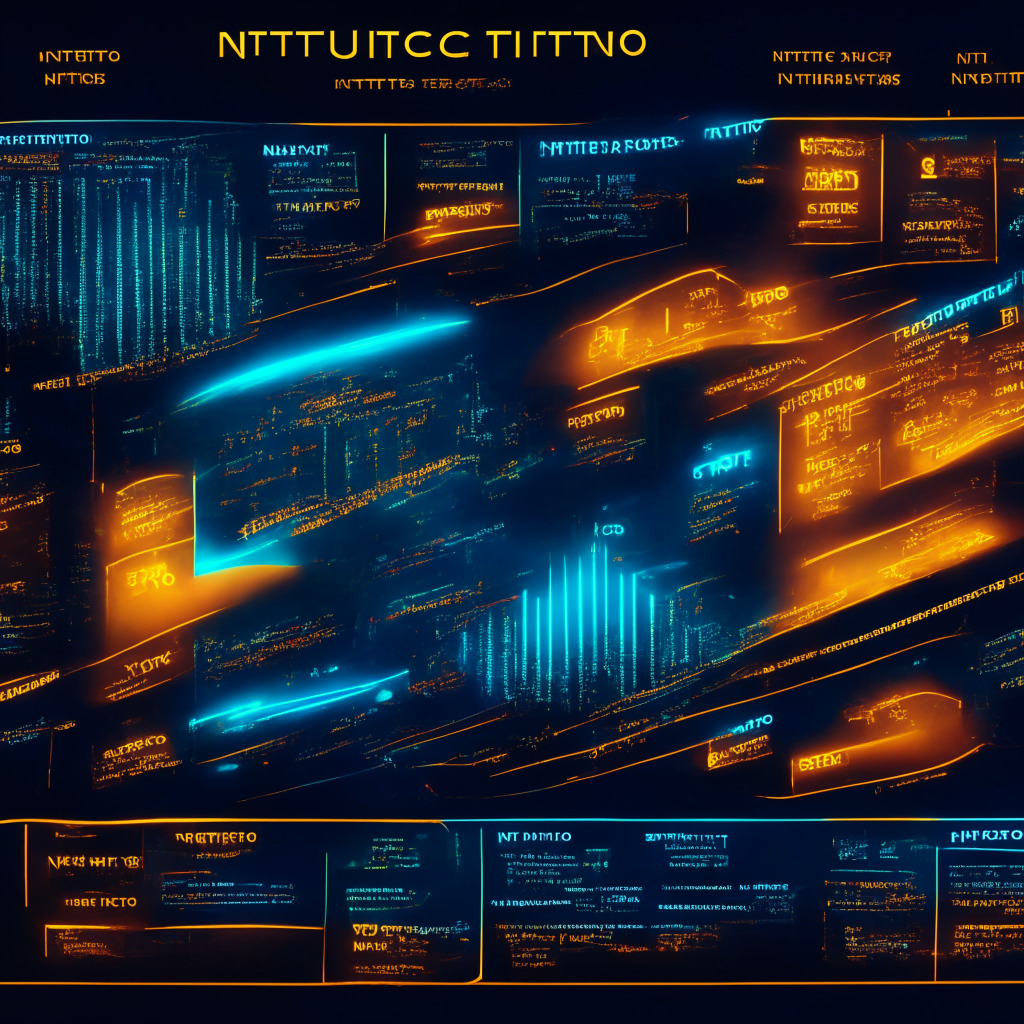Delving into the cryptic world of machine learning, a recent study by an ace team of researchers from the University of North Carolina (UNC), Chapel Hill, reveals a peculiar conundrum inherent to Large Language Models (LLMs) such as OpenAI’s ChatGPT and Google’s Bard. These models, once pre-trained on a large database and fine-tuned for desired outputs, encapsulate all their training data in an impenetrable ‘black box’ of undefinable parameters and weights.
Consequently, once the LLM is fermenting knowledge within its hidden repository, its creators can’t just zap back into the heart of the database and excise specific data files. This process becomes alarming when LLMs regurgitate sensitive details, including personal identifiable information or financial records, despite being seemingly ‘deleted’ from the model’s databank.
For instance, envision an LLM training on confidential banking information, and the quest for its ‘memory deletion’ manifests as quite an unnerving challenge. In response, AI developers have employed guardrails such as hard-coded prompts to limit certain behaviours or the use of reinforcement learning from human feedback.
Despite these measures, the study underlines that comprehensively deleting sensitive data from LLMs is arguably a Sisyphean task. The UNC researchers’ disillusionment was palpable when they reported that high-end model editing techniques ultimately failed to fully purge factual information from LLMs, allowing their retrieval in significant proportions through various hacking techniques.
The key takeaway from the in-depth study is the sobering reality of dealing with deletion in complex LLMs. The UNC researchers devised a slew of new defense mechanisms to shield LLMs from certain ‘extraction attacks’ or targeted attempts to outmaneuver a model’s defenses. Yet, we face a grim cat-and-mouse game in the field of AI and data security, marked by newer, more sophisticated attack methods persistently leap-frogging defensive strategies.
With the current stature of AI professionals grappling for control over these monstrous learning matrices, they find themselves inadvertently sandwiched between the potent potential of AI-driven outcomes and the menacing specter of sensitive data leakage. Ultimately, AI’s endless quest for mastering deletion exemplifies technology’s bittersweet dance with progress and peril, where the most promising frontiers often harbour the darkest pitfalls.
Source: Cointelegraph




